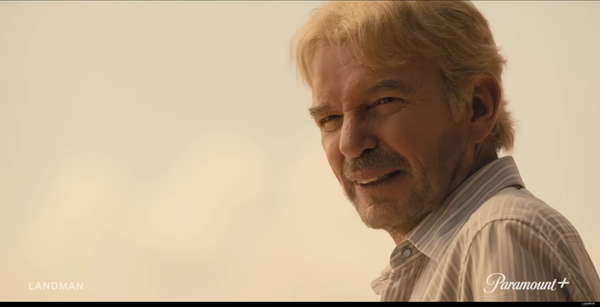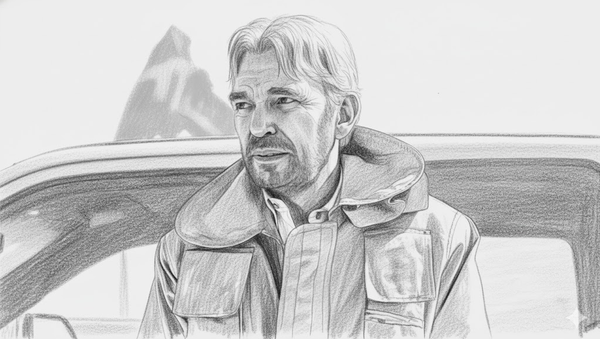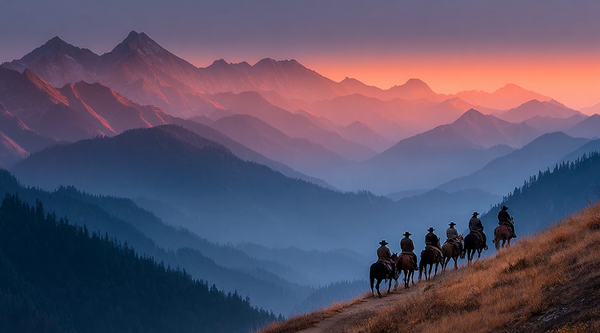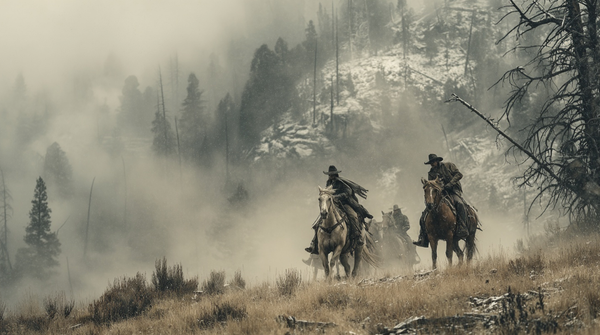Elsa Dutton Explained: The Voice, the Myth, and the Moment “1883” Became Destiny
TL;DR
Elsa Dutton is the beating heart of 1883: the first-person narrator whose brief, blazing life forges the Dutton legend. Through love, loss, and a fatal wound on the trail, she transforms “land” into “legacy” and sets in motion everything we later call the Yellowstone Ranch. Read this as a frontier epic and a fairytale of modernity—and Elsa is the hinge that turns both.
Who is Elsa Dutton?
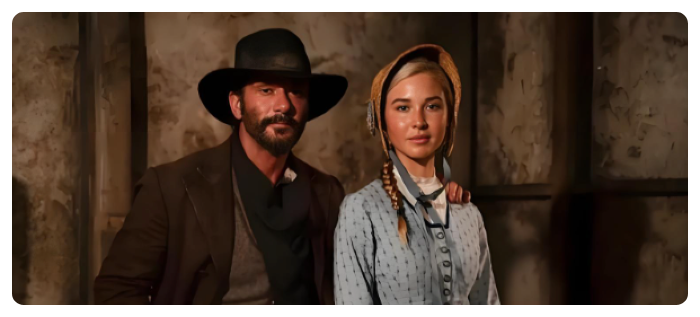
Elsa Dutton is the daughter of James and Margaret Dutton and the first-person narrator of 1883, Taylor Sheridan’s prequel to Yellowstone. At 17, she rides out of Texas toward a dream in the West—and grows up at the speed of stampedes: first love, first grief, hard competence, and, finally, a choice that decides where the Duttons put down roots. Portrayed by Isabel May, Elsa’s voiceover frames each episode with lyrical clarity, turning a wagon-train chronicle into a meditation on courage, belonging, and the costs of progress.
Why she matters: Without Elsa’s final decision, the map of the Duttons—and the Yellowstone myth—looks different. Her resting place becomes their homestead; her story becomes the family’s oath.
A compact timeline (story beats that actually shape the legend)
- Departure from Texas → the road West. Childhood ends at the state line. Elsa’s curiosity and fearlessness become the show’s emotional compass.
- Ennis & first grief. A tender romance with a young cowboy is shattered by violence. This is Elsa’s first “adult” lesson: love means vulnerability in a world built on risk.
- Sam & the road not taken. Her bond with a Comanche warrior opens a second doorway—another possible life. Culture, duty, and direction collide; love doesn’t guarantee arrival.
- The arrow and the promise. A misunderstanding spirals into bloodshed; an arrow wound festers. Knowing she won’t survive, Elsa chooses a valley to die in. James vows to bury her there—and to settle there. That vow draws a perimeter around the future ranch.
Key idea: Land = memory = identity. Elsa’s death sacralizes a place. The Duttons don’t just buy a ranch; they inherit a gravesite that becomes a nation unto itself.
Character, not costume: how Elsa is written (and why it works)
- Active agency, not passive muse. She rides, shoots, tracks, decides. Her choices move the plot; her words frame its meaning.
- Romance as worldview. Ennis teaches tenderness in a brutal economy; Sam embodies kinship to land and horses that predate fences and deeds. Both reshape Elsa’s ethics.
- Competence arc. From eager novice to horsewoman with a deadly calm, Elsa’s growth is physical, not just philosophical. We see her do things, then reflect on them.
- Voiceover with a job. The narration isn’t wallpaper; it compresses months of toil and terror into legible meaning, giving the series literary muscle without slowing it down.
Themes braided through Elsa’s story (useful lenses for rewatchers)
1) Modernity’s arrival
Wagons and rifles meet telegraphs, rails, and an emerging market logic. Elsa’s awe and skepticism make space for both admiration (ingenuity!) and lament (what gets lost).
2) Land, blood, and promise
1883 argues that “home” is chosen and paid for—often in grief. Elsa’s burial pledge creates the ranch as a moral geography: to leave would betray a vow.
3) Freedom vs. belonging
The series keeps asking whether freedom is a horizon or a circle of people. Elsa’s loves are two answers; her death is the third.
4) Story as inheritance
Elsa’s voice recurs across the franchise (notably in 1923), stitching together timelines. The Dutton saga is as much told as it is lived; narration is a kind of deed.
Relationship map (quick reference)
|
Person |
Bond (short) |
What it unlocks |
|---|---|---|
|
James Dutton |
Father |
The promise that fixes the ranch’s location |
|
Margaret Dutton |
Mother |
The cost of settlement (grief turned into home) |
|
Ennis |
First love |
Tenderness, vulnerability, and first real loss |
|
Sam |
Road not taken |
Kinship with land beyond ownership |
|
The Dutton clan (later) |
Legacy |
A story they defend with everything |
Why Elsa’s ending is the beginning
of Yellowstone
The series inverts the usual frontier myth. It’s not gold, water, or a railroad spur that determines where the Duttons stop; it’s a grave. That moral logic (“we keep our promises”) becomes the family’s superpower and curse. Every later fight—political, legal, and violent—can be read as defense of a vow made over a dying daughter. If you feel the later shows go “mythic,” it’s because they start with a mythic act.
Watch note: Revisit the finale with this lens: you’re not seeing a tragic end; you’re seeing a founding ritual.
Representation & critique (what the show nails—and where it thins)
- Unflinching realism: The trail is not romance; it is attrition. The show resists sanitizing violence or the structural cruelty of the period.
- Indigenous storylines: Residential school horrors and Indigenous perspectives are depicted with needed seriousness. Yet parts of Teonna’s arc can feel emotionally siloed from the Dutton plot. The fix in future entries is integration, not subtraction.
- Women & legacy: Elsa wields narrative power rare for franchise women. Still, across the universe, too many female arcs end up underwriting male inheritance. Elsa’s agency partly corrects that—her choice births the ranch—but the wider franchise should keep moving in this direction.
Performance & making-of: Isabel May as the engine
Interviews and coverage consistently underline this: Isabel May didn’t just play Elsa—she helped define the show’s tone. Sheridan has said seeing May in the role clarified the series’ voice. That matters because 1883 lives or dies on its narration. May’s delivery keeps it spare and unsentimental, which is why the purple prose never takes over: the voice belongs to a teenager who has learned brevity from weather and war.
How to watch “1883” for Elsa (a rewatcher’s guide)
- Open with the voice. Treat each voiceover like thesis statements; jot the verbs. What is the episode doing, not just showing?
- Track choices, not events. “We crossed a river” is an event; “we crossed here because…” is Elsa.
- Map the promise. Pause at her burial choice and literally mark the spot on a map. The geography will matter later.
- Cross-reference with 1923. Listen for Elsa’s narration echo. Notice how the franchise uses her to tie generations together.
Memorable micro-moments (no spoilers, just textures)
- The first time Elsa takes a horse at full tilt and the camera stops treating her like a passenger.
- A quiet meal at the fire when she asks a question that adults can’t answer without revealing their fear.
- A glance exchanged with Sam that says, “we recognize each other,” long before the words catch up.
Common questions (short answers)
Is Elsa Dutton the “main character” of 1883?
Functionally, yes. Her voiceover and choices form the spine.
Does her story connect to later shows?
Yes. Her narration returns in 1923, and her burial promise is the mythic root of the ranch.
Is 1883 historically accurate?
It dramatizes for television but lands many textures right: disease, scarcity, and the precariousness of trail life.
